Among all the nasty diseases that a mosquito can transmit, the most common in Europe is malaria. Caused by a tiny animal, a parasite that lives directly in our bloodstream.
9 to 30 days after a mosquito bites, the victims are hit with the symptoms: fever, tiredness, vomiting, and headaches. It can also lead to yellow skin, seizures, coma, or death. The characteristic symptom is a cyclical occurrence of sudden coldness and shivering, followed by fever and sweating. The cycle occurs every 36h to every 3 days. In some individuals, the disease is so severe that it strongly touches the brain, the lungs, or the liver and causes death.
The tiny parasitic animals causing it have been named plasmodium. So common are they that there exist several species of them, all preying on us! Thanks to the long history of this epidemic, we have had more than ample time to study them and their life cycle.
Never underestimate the power of disease. Any cursory look at history will show you how many great empires have been brought down by a tiny insect!
The mosquitoes infect us with a small motile and infective form, the sporozoite. This sporozoite then travels through our blood vessels to go to our liver. Once there, it reproduces asexually and thus produces thousands of merozoites. This period is asymptomatic and last 8-30 days, at the end of which the merozoites burst from the liver cells.
Those clever animals wrap themselves in the remnants of the membranes of those cells so as to stay hidden from us as they go all over the bloodstream and infect red blood cells. Inside of these they will undergo a series of asexual multiplications, each producing between 8-24 infective merozoites. Once the cell cannot endure this any longer, it burst opens and free those merozoites all over the bloodstream to infect new cells. Each of those bursts causes a new wave of fever in the human host.
Since they are hiding inside our cells, our body cannot recognise and kill them. However, our spleen can do so and destroy infected cells. To avoid this, those animals make the cells stick to small, out-of-the-way blood vessels so as to immobilise them and avoid the spleen.
We should all take their exemplary camouflage technique as model! Look deep inside your mind for the parasite within you. Feel the plasmodium. Let yourself become the plasmodium!
At the same time, some merozoites develop into immature gametocytes, of which there is a female and a male type. When a new mosquito comes to bite us, they take up those while drinking our blood. The gametocytes then mature inside the gut of the mosquito. The female and male gametocytes fuse together to form a fertilised motile zygote, the ookinete, that will then develop into sporozoites. Those sporozoites migrate from the gut to the saliva gland, ready to be injected into a new human host at the next bite of the mosquito.
Millennia, those things have been with us,
within us! Using us all like some damn incubator machine! Since we know all about them, you'd think we would have defeated them in all that time, but no. They are formidable enemies, and the war has been long and arduous. Still, the final battle is finally upon us! It is more than high time we go on the offensive!
What has caused the difficulties in fighting the disease is, of course, the innate magic that every individual carries inside of them. While we have managed to find some magic that can allow us to go beyond it and observe what is going on inside the body, we still are a long way from being able to do anything about it. Indeed, the innate magic will fight all along against any of our interferences and it has the advantage of the home field... Attempting an assault that is strong enough to overcome the defences will only result in the patient's death.
Since the 17th century, we have been using the bark of the Cinchona trees to fight this disease, as the inhabitants of the Peru country in the Americas have shown us. However, since they refuse to sell the seeds of the plants to everyone, they are free to ask for extravagant prices for it and we are limited in supply. Thankfully, in 1820, our French researchers Pierre Joseph Pelletier and Joseph Bienaimé Caventou finally managed to isolate from it the marvellous quinine compound!
Once again, the world is saved by the French!
The plasmodium digests haemoglobin inside red blood cells, creating a disposal product, haem. Haem is highly toxic because of its iron components that is highly reactive and can create free chemical radicals
and free magical particles that can then go on to cause havoc inside of our cells. This is something the parasites do not desire if they want to continue reproducing.
To avoid this, they cover the haems with a protective layer. Quinine prevents this, causing the death of the cells and preventing the parasites from multiplying further. It can also cause minor side effects in the human host: headache, ringing in the ears and deafness, trouble seeing, sweating, low blood platelets, irregular heartbeat and making people more prone to sunburns.
But what are those minor inconveniences compared to the chance of finally being rid of the swarm of tiny parasitic animals living in our body and bursting our cells from the inside?



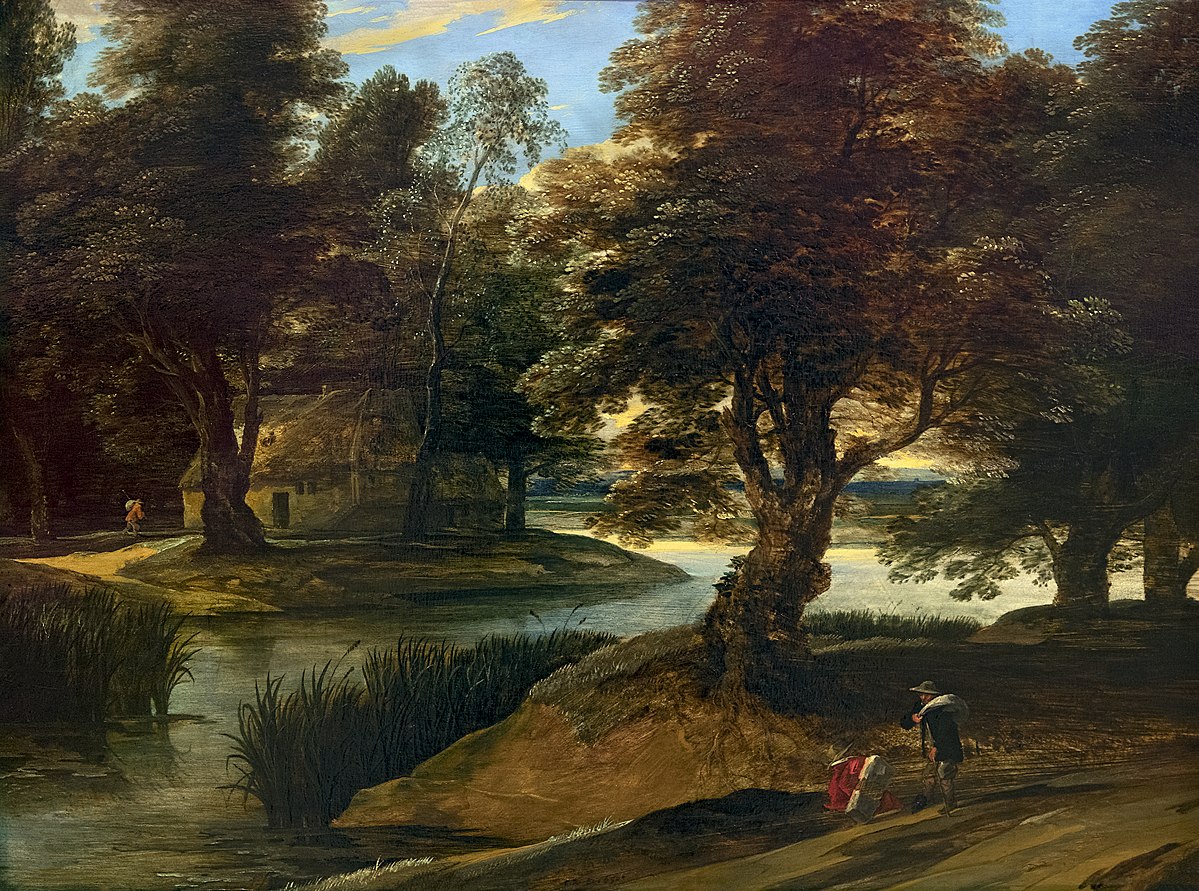

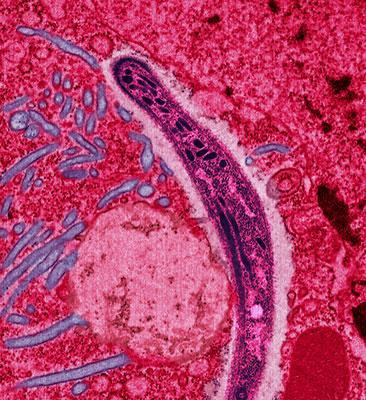

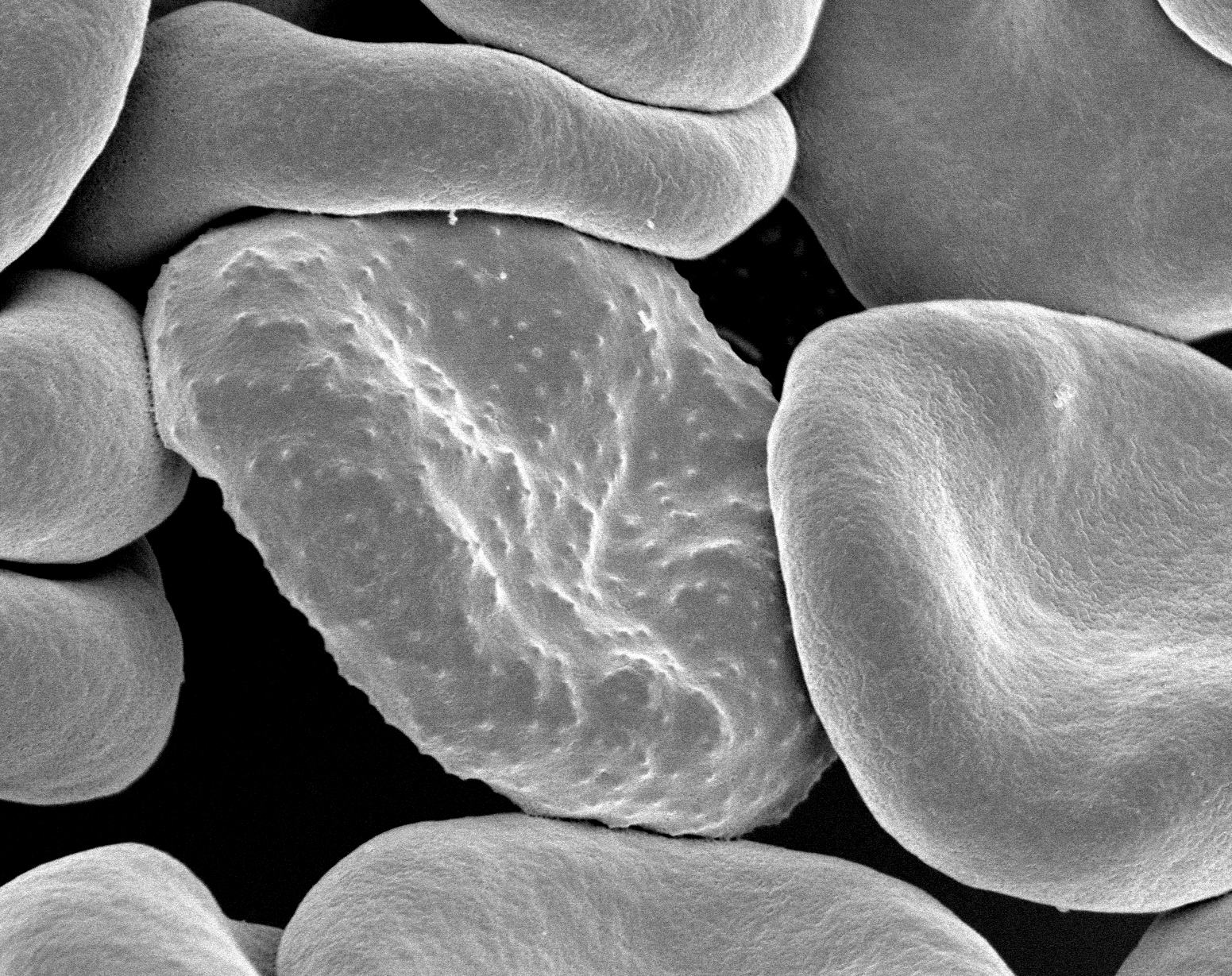
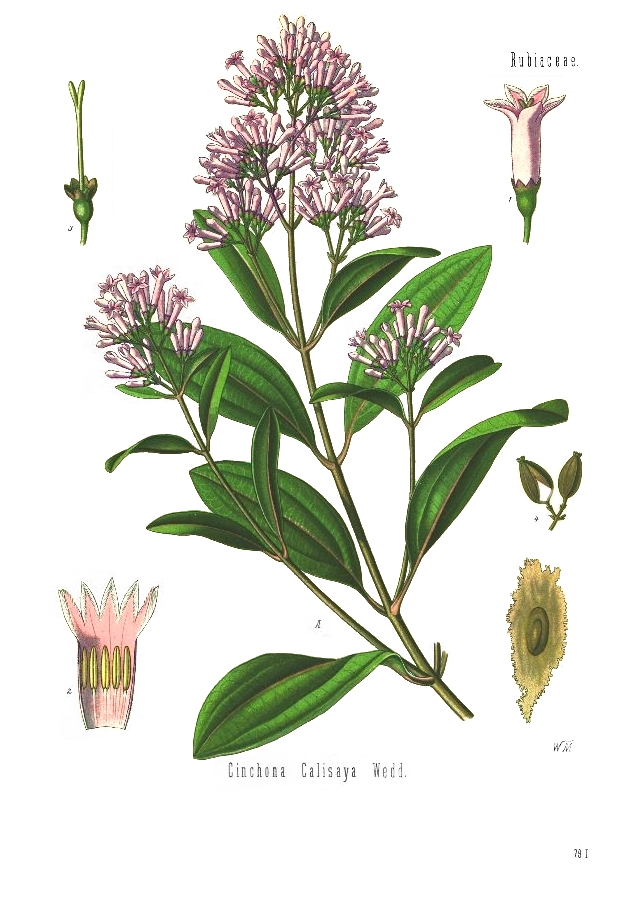






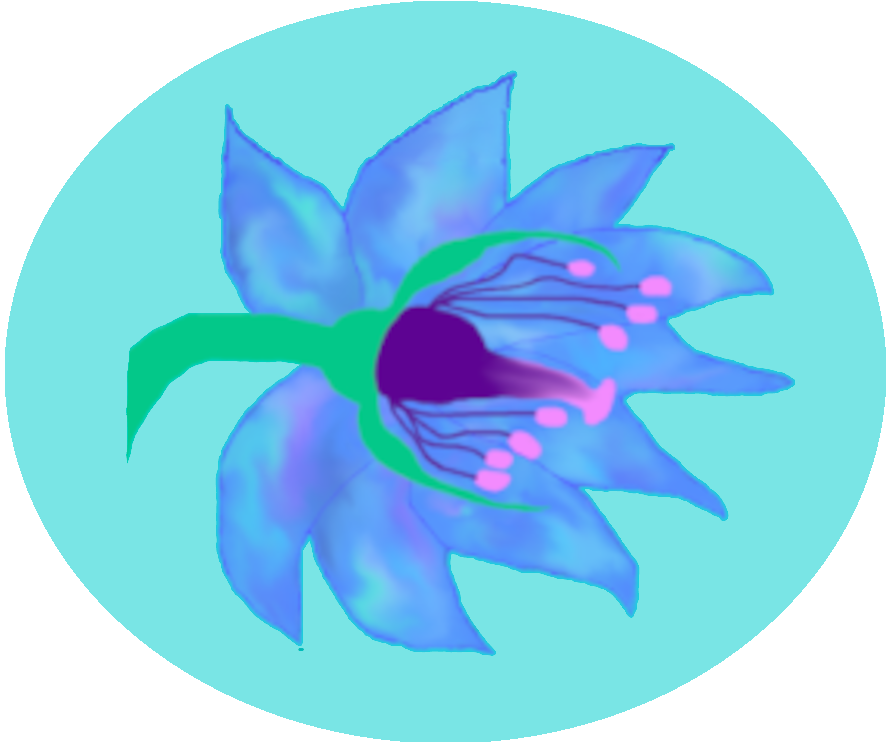




Once again, the world is being saved by the french! I think my absolute favorite part of this excellent article is the way the Sergeant is talking about the mosquitoes like he does - almost like a conquering army that must be defeated with good french steel! :D
Creator of Araea, Megacorpolis, and many others.
Thanks :D I had fun writing that and it's really something I need to remember to do more often since the narrators are soldiers! And incomprehensible science jokes too :p
The best kind of jokes!
Creator of Araea, Megacorpolis, and many others.